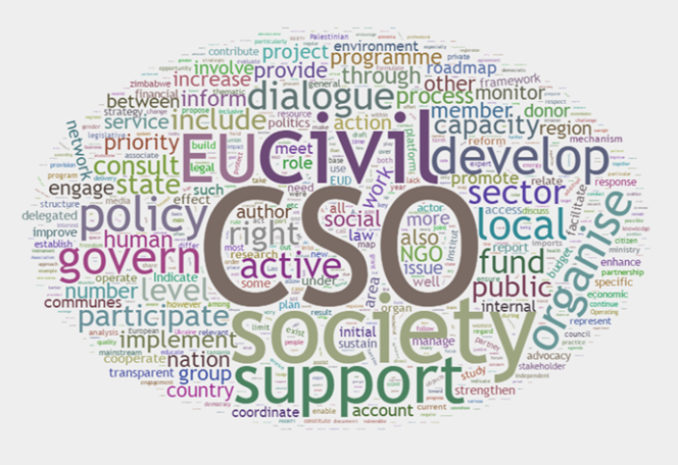By Iyemah David
Civil Society Organisations (CSOs) in Africa have called on President Bola Ahmed Tinubu to allocate dedicated funds towards health security in Nigeria.
Speaking on on Wednesday, in Abuja, at the Africa Regional Advocacy Summit for NGOs and Media, the CSOs said the fund will help Nigeria grapples with the challenges posed by the COVID-19 pandemic and other emerging health threats.
The three days event with the theme; “Capacity Building, Peer Learning and Exchange on Accountability for Domestic Resource Mobilization for Health Security and Systems in Africa” was organised by the Africa Health Budget Network (AHBN).
The summit had in attendance participants from Cameroon, Kenya, Malawi, Nigeria, Sierra Leone, Senegal, Uganda and Zimbabwe.
Chair of the Health Sector Reform Coalition (HSRC), Mrs Chika Offor, said that recognising the critical need for a robust healthcare system and preparedness in the face of future health emergencies, the CSOs were urging President Tinubu to prioritise the allocation of resources specifically aimed at strengthening Nigeria’s health security infrastructure.
Offor explores the reasons behind the CSOs’ plea and highlights the potential impact of such funding on the country’s overall health security.
“This call comes in light of the ongoing COVID-19 pandemic, which has exposed the vulnerabilities of Nigeria’s healthcare system and highlighted the need for improved preparedness.
“One of the main reasons behind the CSOs’ plea is the recognition that health security is crucial for the overall well-being and stability of the nation.
“With the potential for future pandemics and other health emergencies, it is imperative for Nigeria to have a strong and resilient healthcare system in place. This includes adequate funding for essential infrastructure, medical supplies, and trained healthcare personnel,” she said.
Executive Director, Gem Hub Initiative and Co-Convener Joint Learning Agenda for UHC in Nigeria, Mrs Oyeyemi Pitan, said that by allocating dedicated funds for health security, the country can enhance its capacity to detect, prevent, and respond to public health threats.
“This includes investing in surveillance systems, laboratory facilities, and rapid response teams.
“Additionally, the funds can be used to strengthen healthcare facilities, improve access to quality healthcare services, and enhance research and development in the field of public health,” she said.
Mrs Pitan emphasised the importance of proactive measures in building a resilient health security system.
“This includes investing in public health education and awareness campaigns, as well as promoting research and innovation in the healthcare sector.
“By prioritizing health security funding, Nigeria can take a proactive approach to address emerging health threats and mitigate their impact on the population,” she said.
She also highlighted the potential economic benefits of investing in health security.
“A strong healthcare system not only safeguards the population’s health but also contributes to economic stability and growth.
“By preventing and effectively responding to health emergencies, Nigeria can minimize the economic disruptions caused by outbreaks and ensure the continuity of essential services,” she said.
Speaking on behalf of the media, Ms Racheal Abujah, a Public Health Correspondent, said that Nigerial can strengthen its healthcare system, improve preparedness for future health emergencies, and safeguard the well-being of its population if they were dedicated funds for health security.
Ms Abujah said that the investment in health security would not only protect lives but also contribute to the overall stability and prosperity of the nation.




